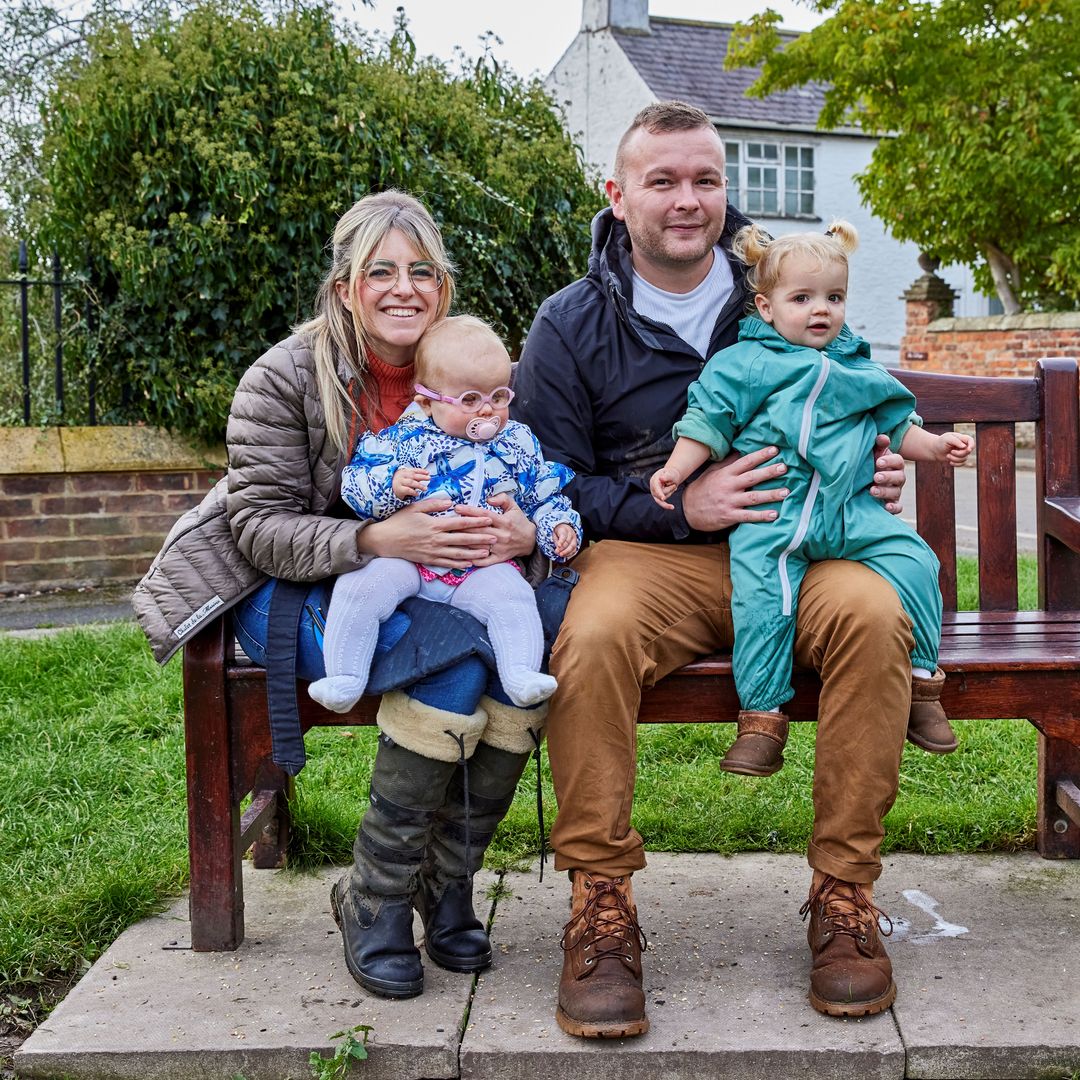It's that time of the year again when snuffles, sneezes and coughs invade schools, playgrounds and homes around the country. In fact, due to their vulnerable immune systems, children can catch as many as seven to ten colds a year leaving many parents feeling frustrated as they attempt to ease their distress. Recurring colds in childhood is part of growing up and often happens when the body comes into contact with viruses for the first time. Even though a child may suffer from 'cold' symptoms, their body will be producing antibodies to these common infections which will stand them in good stead in later years.
In the meantime, you can help ease your child's pain. TV presenter and GP, Dr Hilary Jones offers his expert advice. “Paracetamol has been around for a long time and many mums remember having it as a child themselves, however, it’s not the only option," he says. "It's important parents understand ibuprofen can be just as effective in treating pain and fever symptoms in children. Plus, because ibuprofen also has anti-inflammatory properties, it can be very helpful for treating inflammation associated with conditions such as teething and earache.”
For many parents, the thought of using ibuprofen over paracetamol seems extreme. But according to Dr Hilary that is not the case as he addresses some of the most common misconceptions about the two pain relievers.
- Paracetamol is more effective than ibuprofen at reducing fever. False – Both paracetamol and ibuprofen are equally effective at reducing fever; however nothing works faster or for longer to relieve a fever than ibuprofen.
- Ibuprofen lasts longer thanparacetamol in fever relief. True – Ibuprofen is clinically proven to provide fever relief for up to 8 hours.
- Paracetamol is not as harshas ibuprofen for infants and children. False – Ibuprofen is gentle enough to use for children from 3 months and weighing over 5kg.
- Ibuprofen is an anti-inflammatory. True – Ibuprofen has anti-inflammatory properties and works to relieve inflammation caused by conditions such as teething and earache. If your child does get struck down with a bug this winter there are a number of ways you can identify whether they have picked up a cold or are suffering with the flu.
Common cold symptoms:
- Mild fever
- Sneezing
- Sore throat
- Cough
- Tiredness
Symptoms usually last two to four days.
Typical flu symptoms:
- High fever (usually 39ºC or above)
- Chills
- Headache
- Intense muscle pains
- Exhaustion
- Loss of appetite
- Cough and sometimes a blocked nose and sore throat
Symptoms can last a week or more and possible complications include pneumonia.
How to relieve associated pain and fever
Colds - Most colds don't need specific treatment other than pain relief and simple measures such as decongestant rubs or vaporisers. Antibiotics are of no benefit.
Flu - Children with flu can be given similar treatments, with lots of rest, medicine to bring down any fever and plenty of fluids to avoid dehydration. You can also try a children's medicine which offers pain relief, such as Nurofen for Children which can help bring down a fever and is gentle enough to use on babies 3 months and weighing over 5kg.









